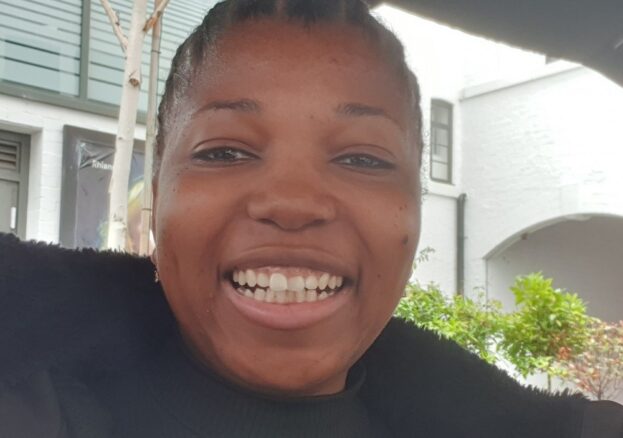
By the time I was 10 years old, I had been to the International Slavery Museum multiple times, attended local history walks detailing Liverpool’s role in the slave trade, participated in Slavery Remembrance Day as a performer, and visited the forts in Jamaica left over from colonisation. She also bought me books about the contribution of Black men and women in science and engineering, and whenever there was a documentary on TV related to Black history, we sat down to watch it together.
By the time I was an adult, I felt that I had a pretty good grasp of what Black History Month was, and it’s purpose. When the subject of Black History comes up, people typically think of the most famous participants in the Civil Rights Movement (like Rosa Parks or Martin Luther King Jr), but there are lots of less well-known significant people and historic moments.
As I got older (and hopefully wiser), I began to understand that to compartmentalise Black history as though it were separate was to only see part of the picture. I realised Black history cannot be told without telling the history of the world, and the history of the world cannot be told without Black history.
I was reminded of this truth while at work just the other day:
Last week, the study report I was analysing mentioned the use of HeLa cells in an experiment. HeLa stands for Henrietta Lacks, a Black woman from the USA, who in 1951 had cells taken during a biopsy of her cervical cancer which were then used in medical research without her permission. Her cells were used in the development of the HPV vaccine for cervical cancer, sent into space by NASA to study the effects of zero gravity, and used to test the polio vaccine to make sure it was safe… just to name a few. At least four Nobel Prizes have been given to scientists who used HeLa cells in their work, and they continue to be used to this day.
The whole word has benefit from this piece of Black history, and this is just one of many examples. We’re all interconnected and the modern world connects us all a little more every day.
So this Black History Month, why not try to learn some history you didn’t know. It’s not my history, Black history, or your history.
It’s our history, and we can all learn something from it about how the world came to be as it is today.
“We are not the makers of history. We are made by history.” – Martin Luther King Jr.
Akilah works in the chemicals division of the Health and Safety Executive (HSE)
